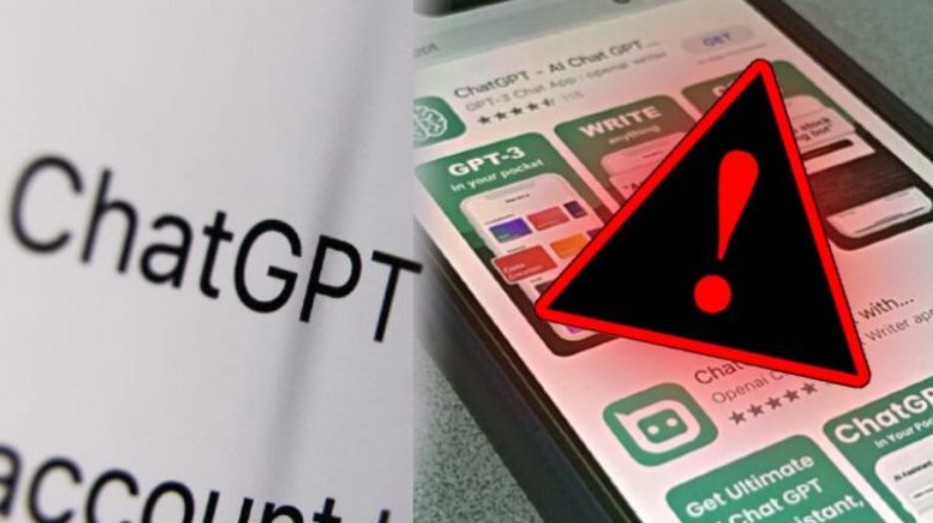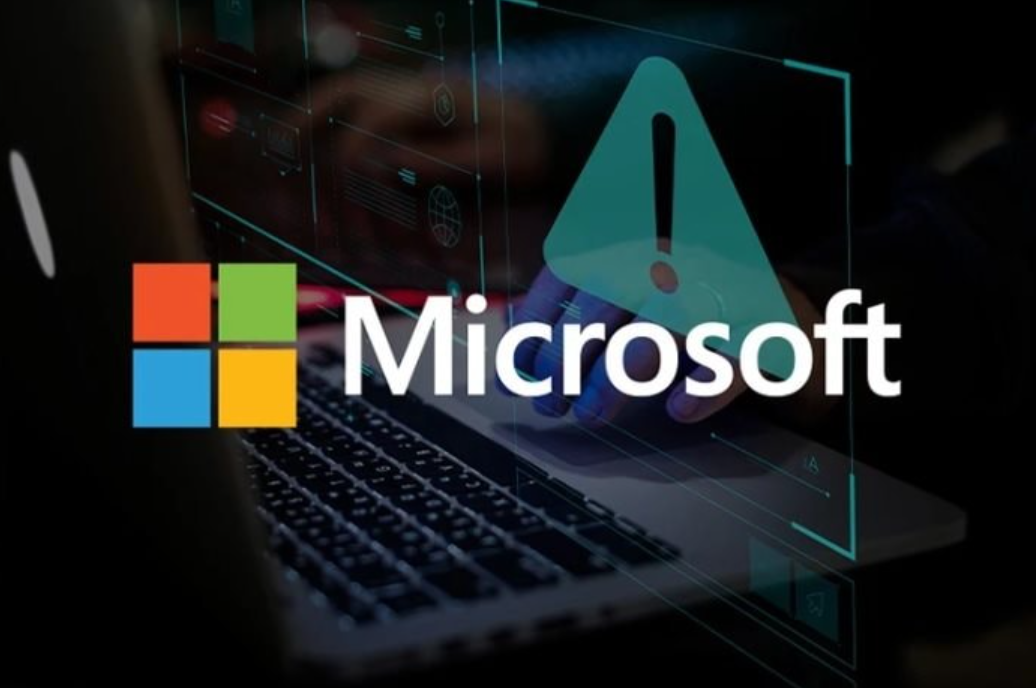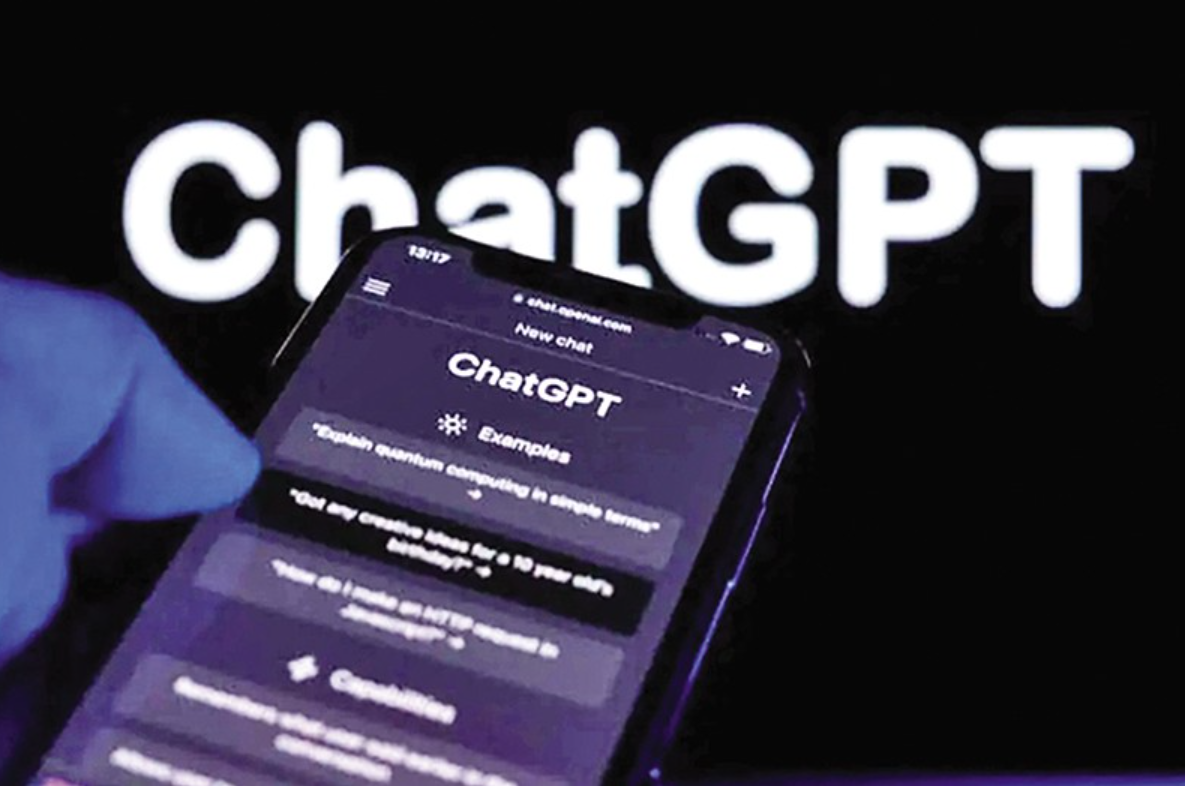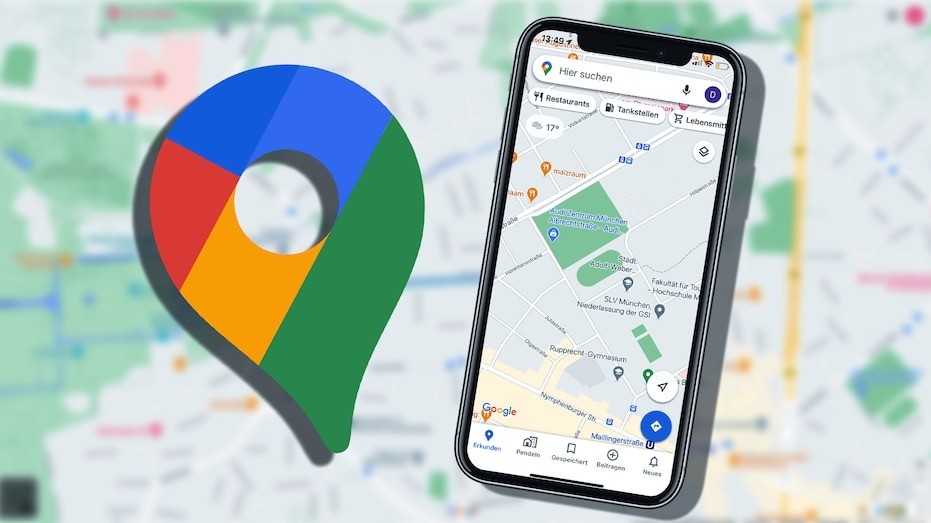Best Selling Products
Microsoft sounds the alarm: Fake ChatGPT is attacking user data
Nội dung
Microsoft recently announced a discovery that shocked the security community: a fake version of ChatGPT is being used as a tool to spread malware in ransomware attacks around the world.

In the context of the explosion of artificial intelligence (AI), ChatGPT has quickly become a powerful support tool for millions of people around the world. From writing, programming, researching, to creative tasks, ChatGPT is considered one of the typical products demonstrating the superior power of modern AI. However, along with that popularity, a series of cybersecurity risks have emerged. As users began to rely more on AI tools, cybercriminals quickly realized the potential of exploiting these trends.
1. A fake version of ChatGPT is used as a malware distribution tool
Microsoft recently announced a shocking discovery in the security community: a fake version of ChatGPT is being used as a tool to spread malware in ransomware attacks around the world. The application is distributed under the name “ChatGPT desktop”, which many people trust and download to their personal computers. After installation, the software will silently deploy malicious code to take control of the system.
The danger is that this fake software is cleverly disguised, from the interface to the way it initially works. It makes users believe that this is an official product of OpenAI. Some fraudulent websites also promote that this version has “upgraded features”, faster response speed, and even supports offline operation. It is the mentality of wanting to experience the “improved version” that has caused many people to fall into the trap.

Microsoft said the malware associated with the fake ChatGPT is the PipeMagic trojan, a type of malware designed to open unauthorized access and support data encryption attacks, demanding ransom. In particular, the real estate, finance and technology sectors are the most targeted. These are all industries that have huge amounts of sensitive data, including customer information, contracts, finances and important intellectual property.
This incident has caused a wave of global concern because it not only directly threatens the data security of organizations and individuals but also seriously affects users' trust in legitimate AI tools.
2. Discovery from Microsoft
According to a report from Microsoft's security research team, the PipeMagic trojan is distributed through a fake ChatGPT desktop application. When users download and install this software, PipeMagic silently sets up a backdoor mechanism on the system. This mechanism allows cybercriminals to enter and exit the infected system at any time without being detected.
It is worth noting that PipeMagic is not just a regular malware. It is built with a modular architecture, meaning that different components can be added or activated flexibly according to the attacker's requirements. This makes it adaptable to different targets and more complex attacks. For example, it can be used to:
- Monitor user activity, record keystrokes to steal login information.
- Collect sensitive data and send it to the control server.
- Automatically deploys ransomware to encrypt data and demand ransom.
Microsoft has warned that the attack campaign is global in scope, targeting strategic sectors and having a major impact on many economies. Attacks have been recorded in South America, North America, Europe and the Middle East, and have spread to several countries in Asia.

PipeMagic’s targeting of real estate, finance, and technology is no coincidence. These are all industries with high data value. A successful breach could result in the attacker stealing priceless information such as customer lists, financial data, trade secrets, etc., or locking down entire systems and demanding huge ransoms.
3. The Storm-2460 criminal group is behind the campaign.
According to analysis from security experts, Storm-2460 is the cybercrime group believed to be behind these attacks. This group is well-known in the cybersecurity community for a series of large-scale attacks targeting Windows systems in the past. Storm-2460 is capable of exploiting zero-day vulnerabilities (vulnerabilities that have not been patched by the manufacturer) to penetrate deep into the system.
In their latest campaign, Storm-2460 capitalized on the growing demand for AI tools like ChatGPT. By creating a fake app with a familiar interface and name, the group managed to catch many users off guard. In some cases, users were even lured into downloading the app through advertising links or phishing emails that preyed on curiosity, such as “free premium version of ChatGPT,” “offline ChatGPT app for Windows,” or “version with more features than the web version.”
In addition to Microsoft, Kaspersky Lab has also confirmed instances of fake ChatGPT, with infections recorded in Saudi Arabia and several other Asian countries. This proves that Storm-2460's campaign is cross-border in scope, not just limited to a certain geographical area.

4. Attack methods and serious consequences
PipeMagic does not simply spread malware, but also incorporates complex attack tactics. According to the report, after the fake ChatGPT application is installed, PipeMagic immediately activates information-gathering modules, opening the way for further attacks.
The modular backdoor mechanism allows cybercriminals to customize actions based on the target. If the target is an individual, PipeMagic can steal social media login data, bank accounts, credit card information. If the target is a business, it can deploy ransomware to encrypt data and disrupt business operations.
The consequences of these attacks are dire. In addition to the risk of permanent data loss, victims also face significant financial losses due to ransom payments or remediation costs. Worse, businesses can also lose credibility with customers and partners when sensitive information is disclosed.
Another point worth noting is that these types of attacks do not stop at the initial target. Once PipeMagic enters a system, it has the ability to spread throughout the entire internal network. This means that if one computer in a business is infected, the entire system can become a victim.
5. Why Fake ChatGPTs Reduce Trust in AI
One of the biggest negative impacts of this campaign is not only the financial and data damage, but also the serious loss of user trust in legitimate AI tools. ChatGPT and other AI products are considered “revolutionary tools” that help improve labor productivity, content creation, and decision support. But when fake versions with malicious code appear, users will become more cautious and wary when exposed to any AI application.

This could have long-term implications for the technology industry. AI development companies like OpenAI must work harder to protect their brands and provide transparent information so users can distinguish between official products. On the user side, caution is necessary, but if it is too much, it can slow down the process of applying AI into life.
6. How to protect yourself from fake ChatGPT and ransomware
Given the above dangers, raising awareness and implementing security measures is extremely important. Microsoft, Kaspersky and many cybersecurity experts have made the following recommendations:
First of all, only download software from official sources. For ChatGPT, users need to go directly to OpenAI’s website or reputable app stores. Any installation files shared via email, social media, or unverified websites are potentially risky.
Next, avoid using modified or “alternate” versions of popular apps. Offers like “Free ChatGPT Pro” or “High-speed ChatGPT Desktop” are often scams.
Another important step is to keep Windows and other operating systems up to date. Security patches help prevent zero-day vulnerabilities from being exploited. Many successful attacks are simply because the victim is using outdated, unpatched software.
Additionally, using reputable antivirus software and network security solutions is also an indispensable step. These software should be enabled for automatic updates and regular system scans.

Regular data backups are a must. Important files should be stored on a cloud service or an external hard drive so they can be restored when needed.
Another tip is to always be wary of links and attachments in emails and messages. Many scams start with fake emails that contain links to fraudulent websites or malicious files.
Finally, enable two-factor authentication (2FA) for online accounts for added security. Even if your login information is compromised, this layer of security will help prevent bad guys from breaking in.
7. Conclusion
The ChatGPT campaign impersonating PipeMagic malware is a clear example of how cybercriminals are becoming more sophisticated and know how to exploit technology trends for their own gain. This is not the first time a well-known technology brand has been exploited to spread malware, but it is particularly dangerous because it involves AI, a field that is growing explosively and has far-reaching implications.
Individual users and businesses need to be more vigilant and adhere to basic security principles to protect their data and assets. At the same time, technology companies also need to step up communication and build authentication mechanisms to help users recognize which products are official.
AI brings many benefits, but with it comes the responsibility of keeping ourselves safe. Only by combining advanced technology with proper cybersecurity awareness can we fully exploit the potential of AI without












































